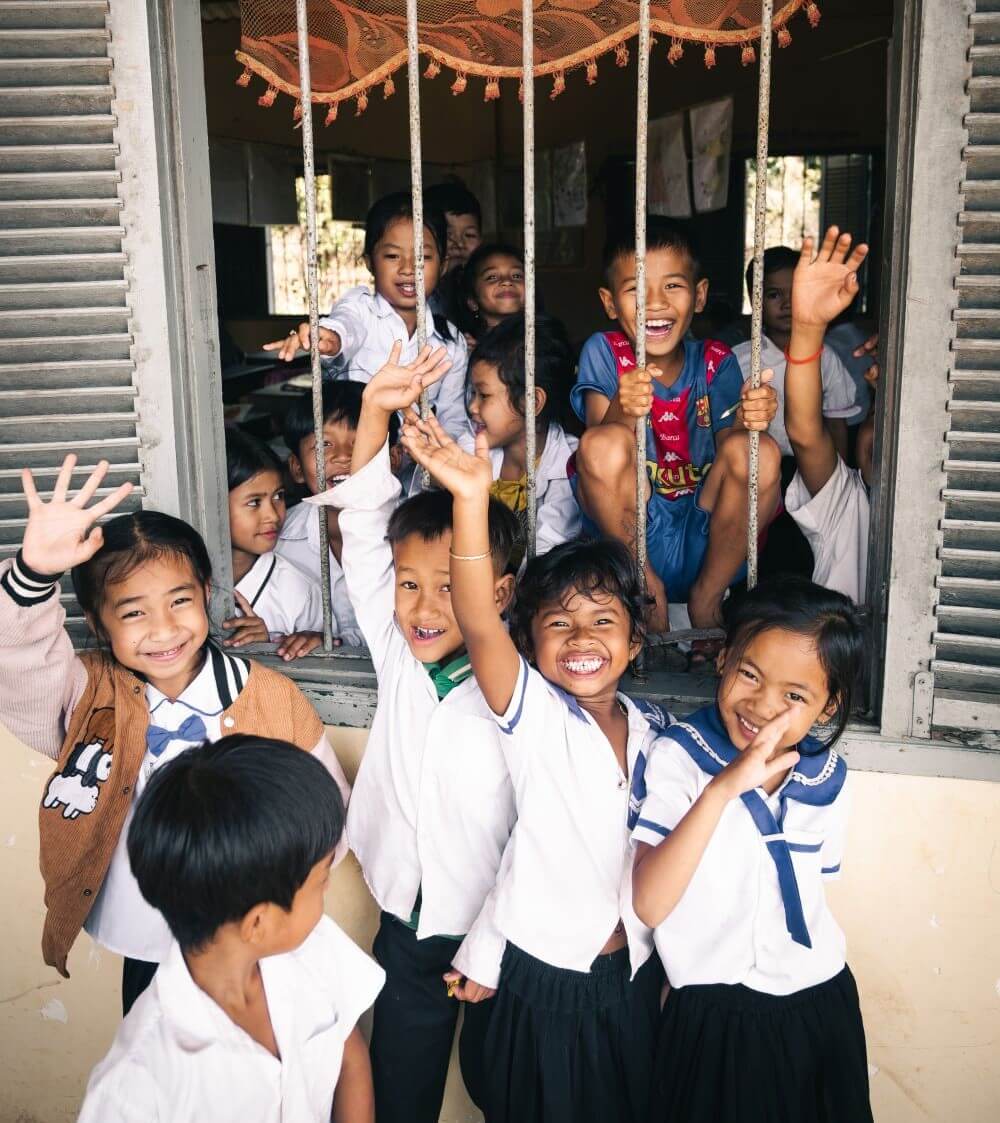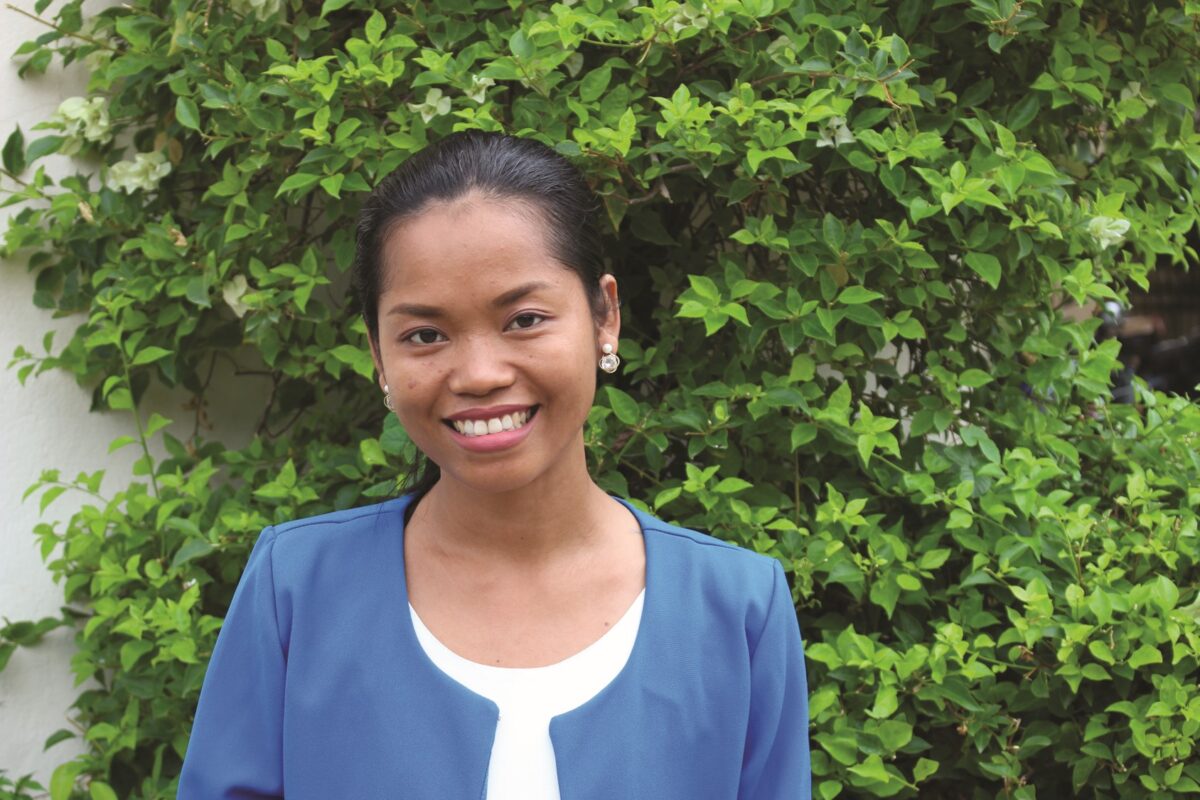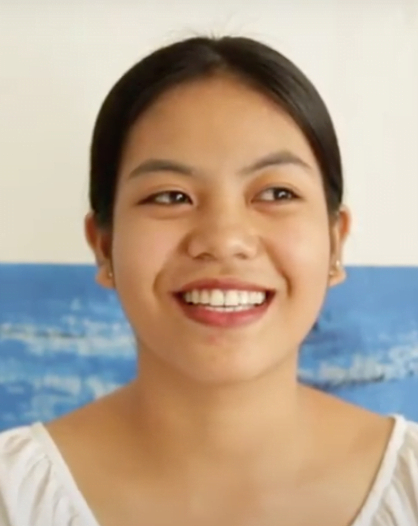The Transformative Impact of Education on Girls’ Lives

In many countries, access to education continues to be a privilege, particularly for girls who are significantly underrepresented. According to the United Nations Educational, Scientific and Cultural Organization (UNESCO), a staggering 129 million girls are out of school. In 2021, only 49% of nations had managed to achieve gender equality in primary education. The gender gap was even more glaring at the secondary level. Specifically, only 42% of countries had successfully established a gender balance in lower secondary education, with a mere 24% accomplishing the same in upper secondary education.
Why are girls not in school?
Traditional gender roles and cultural norms create significant obstacles for girls’ education. Often, society perceives boys as future breadwinners, while girls are expected to focus on preparing for their roles as homemakers and child-bearers. These deeply ingrained expectations limit girls’ access to education and perpetuate gender disparities in many communities.

The access of young women to education is often impeded by early marriage, which is influenced by a combination of local traditions, aspirations for improved prospects, and economic hardship. In certain low-income families, marrying off daughters is a means to alleviate financial burdens or settle debts. Once married, societal expectations dictate that these young women concentrate on domestic responsibilities, frequently resulting in the discontinuation of their education. This scenario is further exacerbated when early marriage is associated with early pregnancy, compounding the challenges young women face in pursuing educational opportunities.
Human trafficking disproportionately impacts young girls as well. Exploiting vulnerable family finances, traffickers often manipulate families into surrendering their children through deceitful job offers or debt bondage. Once these victims fall into the clutches of traffickers, their lives are marred by mistreatment, abuse, and a notable lack of access to education.
Child labour also represents a substantial obstacle to education. Whether it is girls aiding their families with household chores or seeking external employment to contribute to their family’s income, their educational prospects often take a backseat to labour responsibilities.
Several other factors have a significant impact on girls’ education. Hygiene, or the lack thereof, is, for instance, a crucial issue. Access to clean, private, secure, and separate facilities, particularly during menstruation, is of paramount importance. Inadequate sanitation is closely tied to female students’ absenteeism. This phenomenon is further amplified by the societal stigma surrounding menstruation, which sadly subjects young women to shame and skipping school.
Nevertheless, when girls have the opportunity to pursue their education, they can unlock their full potential, contribute to their communities, and pave the way for a brighter future for themselves and society.

Growing up in a small village near the Thai border, Sreymao’s world was one where her friends often had to bid farewell to their schoolbooks and instead assist their families in the rice paddies. Raised in a farming household, her destiny appeared to mirror that of most of her peers—working alongside her parents in the fields. But Sreymao’s life took an extraordinary turn. In 2006, fuelled by dreams and determination, she embarked on a life-altering journey to the bustling city of Phnom Penh. There, she not only pursued a master’s degree in marketing but also mastered English, French, and IT at the prestigious Doctor Christophe Mérieux Centre. Upon graduating, Sreymao’s career soared to new heights as she secured a coveted position at Wing, one of Cambodia’s leading online banks. With unwavering dedication and hard work, she gradually ascended the ranks, eventually claiming the role of e-commerce manager. But Sreymao was not content with personal success alone; she recognized the profound transformative power of education more than anyone else. With a passionate commitment to the greater good, Sreymao initiated remarkable projects such as the “Community School for All.” Around ten high school students volunteer as mentors, tutoring and guiding children from the regions of Takeo and Banteay Meanchey. Simultaneously, these mentors receive valuable training and internships in exchange for their educational support. Through her association, she also provides dance and art lessons, occasionally teaching them herself on weekends, while the youth acquire crucial hygiene habits like brushing teeth and washing hands—practices often uncommon in rural areas and essential for preventing the spread of disease. In a country with a struggling educational system, these initiatives offered hope to many students, an opportunity to overcome challenges, and a chance for a better future.
Sara Sok
From Oddar Meanchey province, a remote region of northwest Cambodia, Sara Sok’s journey is nothing short of a remarkable tale of resilience. Raised in a single-mother household with five sisters and three brothers, she encountered the difficulties of her upbringing. Her family’s sole source of income was the meagre salary her mother earned as a farmer, barely enough to provide for their basic needs. In her own words, Sara Sok’s childhood was a time of “a lot of suffering.” Despite the challenges and hardships, Sara Sok gained access to education through the support of her sponsor. This sponsorship provided her with educational opportunities and nurtured the skills that would shape her future career. In fact, it allowed her not only to complete her high school education but also to discover her vocation for hospitality. After graduation, she decided to pursue her studies at Sara Bai, where she specialized in hospitality. Today, she works in the Food and Beverage Department at the Heritage Suite Hotel in Siem Reap, a boutique hotel known for its excellence.

Hailing from the province of Negros Occidental in the Philippines, Rilyn is the eldest of three children. Rilyn’s parents separated, leaving her mother as the sole provider for the family. Her mother eked out a living as a local “sari-sari” (local convenience store) vendor. The family’s income was meagre, making it a daily struggle to put food on the table. They could not afford three meals a day. Often, the family had to settle for a 10-pesos (£0.14) piece of bread only to ensure that they could set aside every precious peso to afford a meal the following day. High school marked a pivotal moment in Rilyn’s life, where she faced the tough decision of dropping out to support her mother and family. Nevertheless, sponsorship enabled her to remain in the classroom. Thanks to this support, Rilyn completed high school and pursued a university education, eventually earning her bachelor’s degree in communication in 2002. Her ambition is to become a news anchor while securing her family’s welfare, with a particular commitment to providing a safe home to assist her sister in her battle against heart disease. Today, with her education, Rilyn is able to pursue her dreams.
Countless girls, much like Sreymao, Sara Sok, and Rilyn, eagerly await the opportunity for education. Their inspiring journeys testify to the transformative power of learning. Join Children of the Mekong and Jaago Foundation in making a difference by sponsoring a girl’s education today.
